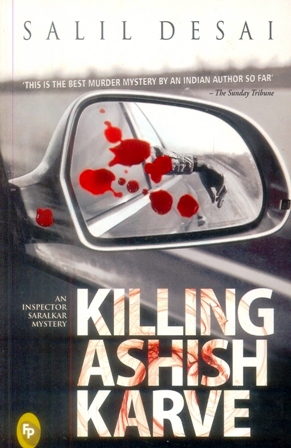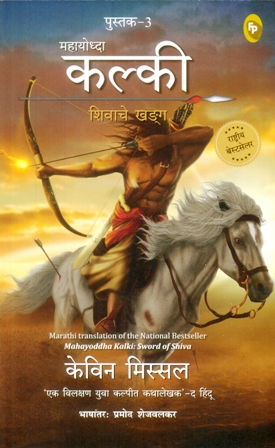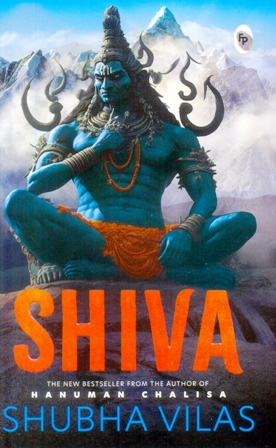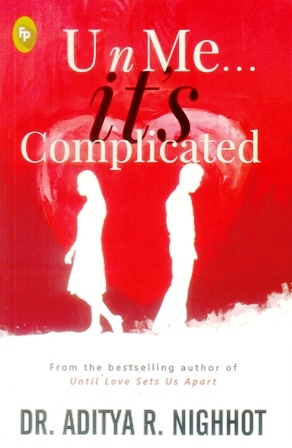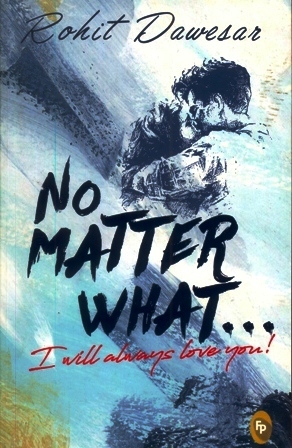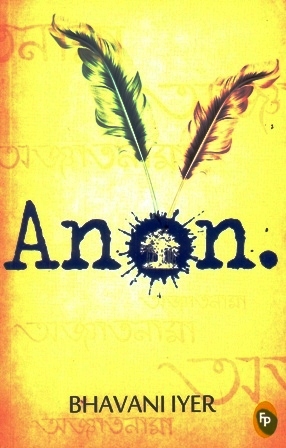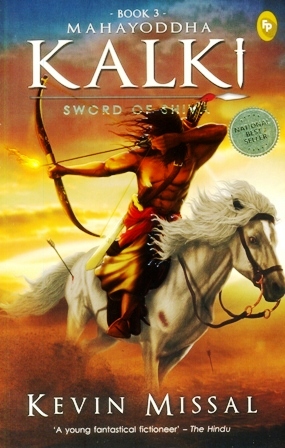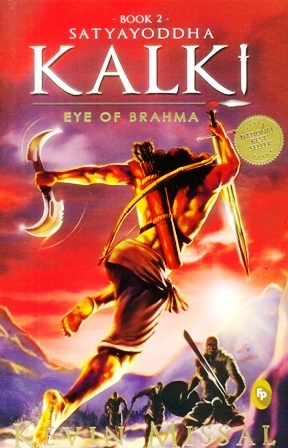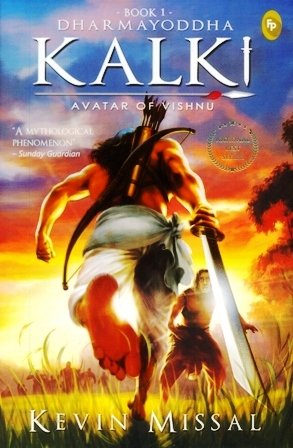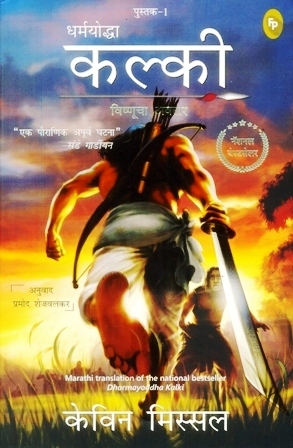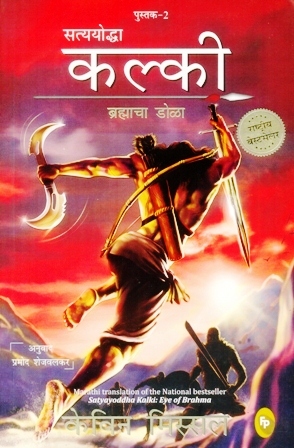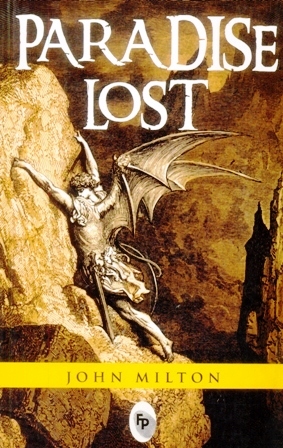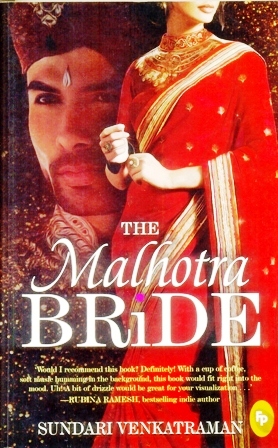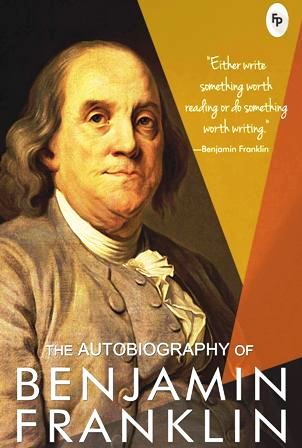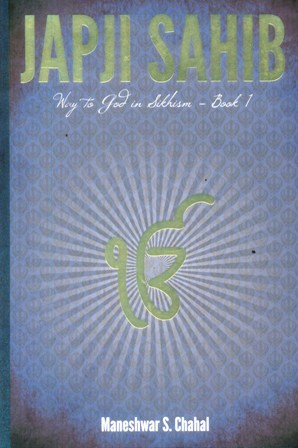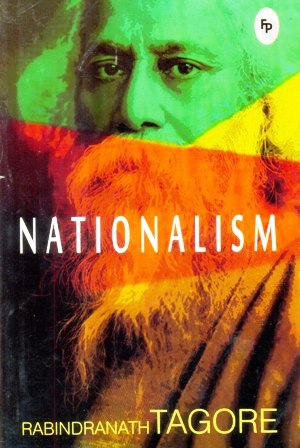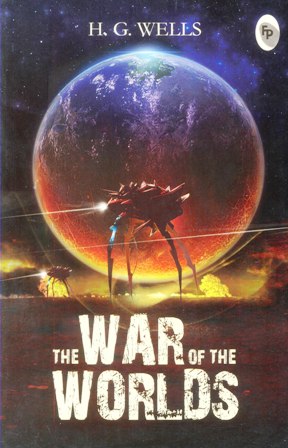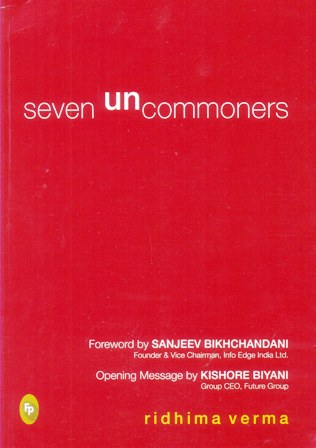-
Killing Ashish Karve
Senior Inspector Saralkar is back at his desk after spending a rather annoying week at a ‘Secrets of Living’ course, especially for police officers and he is itching for some action now. Luckily, an exciting new case turns up right away!The body of Ashish Karve, a local businessman has been found in the back seat of his car. To PSI Motkar, Saralkar’s diminutive assistant, it seems to be a straightforward case of suicide. But Saralkar’s sharp mind is agog with the dark possibility of murder. As the case unfolds Saralkar finds enough motives for people, be it Ashish’s business partner, his wife, his brother, his friend, his brother-in-law or even strangers to want to do away with him!Is the senior inspector becoming too fanciful in his imagination or is he on the right track in assuming that Ashish was killed?Delve into this deliciously thrilling whodunit and walk along with Senior Inspector Saralkar and PSI Motkar as they set out to sift the truth from lies and half truths.
-
Shiva
Revel in the tales of the most enigmatic deity in Hinduism. This book is a hoard of the knowledge of the God of gods, who teaches about humanity, love, and companionship. He is the embodiment of the ultimate principles of creation, destruction, and transformation! Hanuman Chalisa is one of his best sellers. More titles by Shubha Vilas: Hanuman Chalisa, Mystical Tales for a Magical Life: 11 Unheard Fantastic Vedic Stories Explore the world of the ancient Hindu god Shiva! Gain a deeper understanding on the workings of the universe! Explore the secrets of Hindu mythology What is true karma and dharma? Bask in the timeless wisdom of Shiva A must have book for mythology love and spiritual seekers
-
U n Me . . . it’s Complicated
Love is not complicated, people are! Pyaar, Mohabbat, Ishq, junoon—love has its own Synonyms. The four-letter word, easy to spell and easier to say, is far more complicated when the brain and heart play their parts in a relationship. Aditya, a nerd, falls head over heels in love with rutuja, who happens to be the eye candy of the college. Rutuja loves books and wants Aditya to pen down a story. Will Aditya, a non-reader, manage to write a novel? Just when their relationship goes on a roller-coaster ride for the worse, Aditya decides to attempt suicide. Can a relationship make you weak? Can true love make you a rebellious, self-destructive, and violent person? Or will it make way for a better future? From the bestselling author of until love sets us apart comes another heart-wrenching tale of not just true love and friendship but also about hope and destiny, and the journey of a non-reader as he becomes a Bestselling author.
-
Anon
Welcome to Calcutta of the sixties and the seventies. Meet Debottam, the genius vagabond son of a wealthy zamindar. Meet Urbish, the ambitious dreamer whose father is a fisherman. Walk with them through the red earth of Shantiniketan. Visit the jazz clubs of Park Street. Experience friendship redefined by two people who have only one thing in common writing. But one is willing to kill to write and the other is willing to die. Anon. Short for Anonymous. After all what’s in a name?
-
Mahayoddha Kalki Sword of Shiva-3
Kalki Hari arrives at Indragarh to find out that his brother has been taken prisoner, his beloved is about to be butchered, and the city is embroiled in a ghastly war with the Naga queen and Dakshini king. Armed with a mighty sword forged by a god, he fights to take the city back from his nemesis, the evil Kali. But the Avatar of Vishnu is at a crossroads. It is his destiny to fight the last battle with Adharm and obliterate evil from this world. However, he has stumbled upon a terrible truth over the course of his journey . . . a truth that may change everything. Will Kalki be able to win against Adharm and fulfil his destiny? Or will the world lose its greatest hero and head towards destruction? Find out in the explosive last book of the Kalki trilogy. ?A young fantastical fictioneer? ? The Hindu
-
Satyayoddha Kalki Eye Of Bramha
After a defeat at the hands of Lord Kali, Kalki Hari must journey towards the Mahendragiri mountains with his companions to finally become the avatar he is destined to be. But the road ahead is not without peril . . . Not only is he trapped by the cannibalistic armies of the Pisach, he is also embroiled in the civil war of the Vanars. And in midst of all this, he meets a face from the legends. Meanwhile, Manasa, the sister of the late Vasuki, plots to overthrow Lord Kali by bringing a massive war to his kingdom. But Naagpuri, her homeland, has been infiltrated by their sworn enemy, the Suparns. Not only does she need to protect her kingdom from the Suparns, she must also protect her close ones from the league of conspirators at her own home. Who can she really trust? And will she be able to put an end to Lord Kali?s rule? As the plot thickens and Lord Kali sees his ambition crushed right before his eyes, he comes to know about his race and its history that threatens to destroy the very fabric of this world?s reality. Kalyug has begun. Can Kalki become the avatar in time before it finally unfolds? Will Manasa fight through the internal politics to bring an invasion against Lord Kali? Can the secret that changes everything change Lord Kali as a person too?
-
Dharmayoddha Kalki Avatar of Vishnu
Born in the quiet village of Shambala, Kalki Hari, son of Vishnuyath and Sumati, has no idea about his heritage until he is pitted against tragedies and battles. Whisked into the province of Keekatpur, which is under the fist of Lord Kali, Kalki sees the ignominy of death trumping life all around him. He learns that he has been born to cleanse the world he lives in, for which he must journey to the North and learn the ways of Lord Vishnu’s Avatar; from an immortal who wields an axe. But trapped in the midst of betrayals, political intrigue and forces that seek to decimate him, will he be able to follow his destiny before the Kaliyug begins?
-
The Prince
“It is not titles that honor men, but men that honor titles.” How can a prince rise to power? What must he do to remain in it? What is expected of a good ruler? Which is better—to be feared or to be loved? Offering an explicit insight into the minds of a ruler, here is a practical handbook and a political treatise exploring the attainment, maintenance and utilization of political power in the Western world. It warns that if a state is not governed properly it shall collapse on the ruler. It describes the art and craft of war. It elaborates on the qualities of a prince and his prudence. It gives lessons in statesmanship and on judging the strength of principalities. One of the first works of modern political philosophy, Niccolò Machiavelli’s the Prince expounds on why the princes of Italy lost their states. He dedicates the book to Lorenzo de’ Medici, believing that it is he who can bring salvation for Italy. Full of historical references, the book continues to influence its readers and the hidden ruler in them. Niccolò Machiavelli was born in Florence, Italy, on 3rd May 1469. He was the second son of Bernardo di Niccolò Machiavelli, a lawyer of some repute and of Bartolommea di Stefano Nelli, his wife. Both parents were members of the old Florentine nobility. His life falls naturally into three periods, each of which singularly enough constitutes a distinct and important era in the history of Florence. No one can say where the bones of Machiavelli rest, but modern Florence has decreed him a stately cenotaph in Santa Croce, by the side of her most famous sons; recognizing that, whatever other nations may have found in his works, Italy found in them the idea of her unity and the germs of her renaissance among the nations of Europe.
-
Paradise Lost
“Of man’s first disobedience and the fruit Of that forbidden tree, whose mortal tast Brought death into the world and all our woe, With loss of Eden..” Satan and his fellow rebel angels contemplate on corrupting God’s beloved new creation, Mankind. He volunteers and prepares to leave. His children—Sin and Death—build a bridge between Hell and Earth. and disguising himself as a cherub, he lands on Earth. Adam and Eve, after a long day at work, are resting in their bower. and that’s when in the form of a serpent, Satan whisper’s into Eve’s ears. Tempted to eat from the forbidden Tree of Knowledge, Eve commits the sin. And hence follows the Fall of Man.. Milton’s magnum opus, Paradise Lost, threads together two stories focused on different heroes—the half-heroic, half-evil charismatic Satan and the united Adam and Eve—skillfully balancing them. the epic poem continues to remain as celebrated as ever.
-
The Autobiography of Benjamin Franklin
An apprentice to his brother at twelve, a writer at sixteen, a printer at twenty-two and an inventor at thirty-six, Benjamin Franklin was a renowned polymath and a scientist extraordinaire. A member of the Committee of Five that drafted and presented America‘s Declaration of Independence, Benjamin Franklin was one of the Founding Fathers of the United States and was titled ‘The First American.’ With his wit and wisdom shining through every page of this remarkable autobiography, Autobiography of Benjamin Franklin brings for us one of the first examples of the fulfilment of the American Dream. Though an unfinished record, this work continues to remain the most influential autobiography ever written.
-
Japji Sahib Way to God in Sikhism - Book 1
Sikhism is the youngest of the major world religions and the most modern and egalitarian in its practice. The scriptural authority for its followers is the 'Gurbani' in the Sri Guru Granth Sahib. Japji Sahib is the quintessential 'bani' and the key to the philosophy expounded by the Gurus. Guru Nanak's Japji Sahib: Way to God in Sikhism by Maneshwar S. Chahal is a unique presentation in that, before offering well-reasoned conclusions, it puts forth many a point of view and not just any single interpretation of the verses. It will help the lay reader to easily understand the Guru's message and offer the scholar ready material for deeper study of this vast subject. At the beginning of the book has been added the text of the verses of Japji in Roman script, as also in 'Gurmukhi' for those who would want to also experience the joy of chanting the 'bani.'
-
Nationalism
“And yet I will persist in believing that there is such a thing as the harmony of completeness in humanity . . .” A compendium of lectures delivered by Tagore during the First World War and the Swadeshi movement in India, Nationalism emphasizes Tagore’s political and philosophical views on human understanding and its weakness for power and material hoardings. Packed with erudition and analysis, it expounds the idea of a moral and spiritual growth for human welfare. The lectures—written in a lucid, metaphoric, poetic prose—are loaded with a piercing vision of the future and are a critique on his views on spirituality and humanity. Tagore was a farsighted visionary, whose forebodings on the lack of human values and the political role of the nation and the state in the East and the West are well articulated in these lectures. Tagore discusses the revival of the East and the challenge it poses to the Western reign, calling for a future based on tolerance, a future where tradition and modernity are balanced. Tagore’s Nationalism holds much relevance in today’s environment of violence and intolerance.
-
Metamorphosis
This title brings you the tale of a man’s metamorphosis into a monstrous bug and the aftermath of the change. He discovers that he has become a burden to his own family. The story delves into the bizarre, puzzling nature of the human mind by using beautiful, multifaceted metaphors. The outstanding ingenuity of the story features Gregor Samsa as the protagonist. He is a nomadic salesman enduring the transformation, who, unfortunately, becomes unfit as a professional too. His own family is sickened by the change, which makes it all the more difficult for Gregor to deal with the transformation.
-
Seven Uncommoners
This is a story of seven commoners whose farsightedness and resilience to think beyond the obvious and to ingeniously master the practices of their respective fields, made them the Seven Uncommoners. While some journeys show incredible upswings against awe-wrenching odds, others give remarkable examples of when, how and what to do best with the resources at hand. With fields ranging from technology to infrastructure, from managing hotels to supply chains, from setting up law offices to investment banking firms, together these seven showcase the transforming face of Indian business that is ready to take on the best in the world. As a faithful rendition of the lives of these fascinating individuals who understand the crests and troughs of a demanding business environment, Seven Uncommoners offers a rich insight into the riveting world of start-up culture and its subsequent growth.

